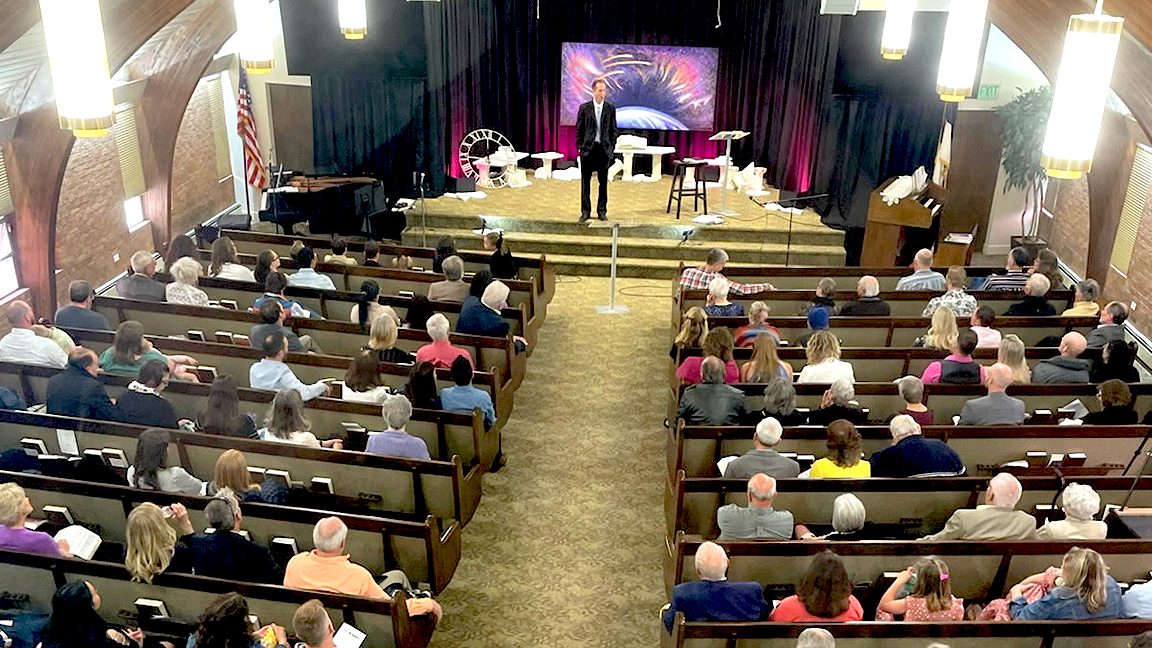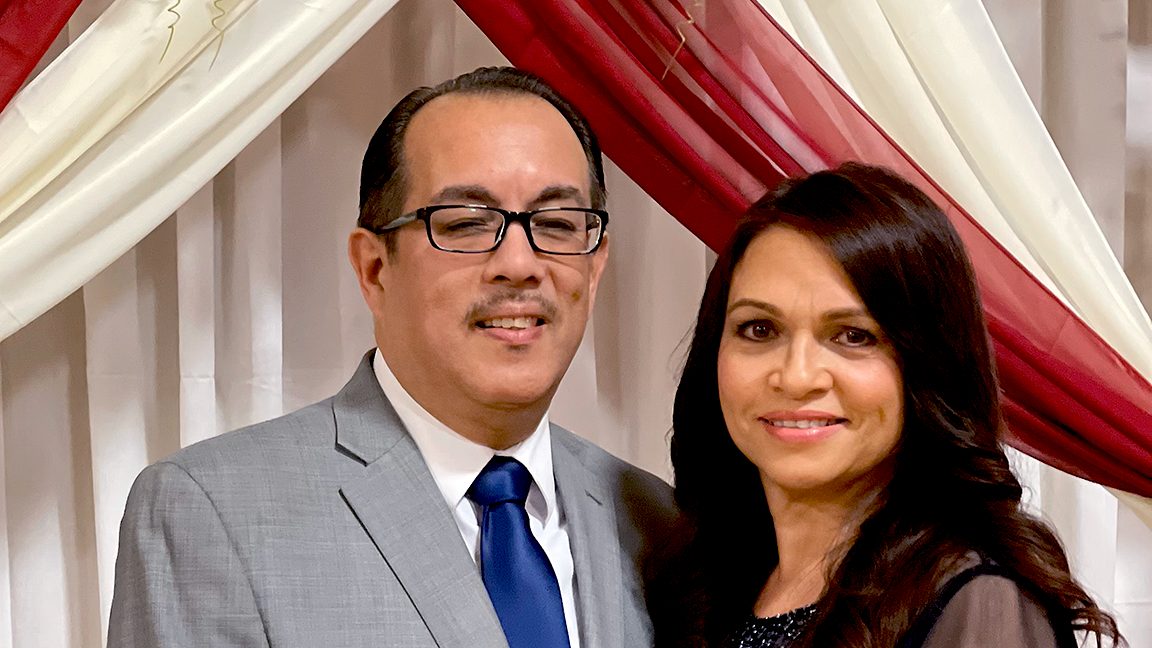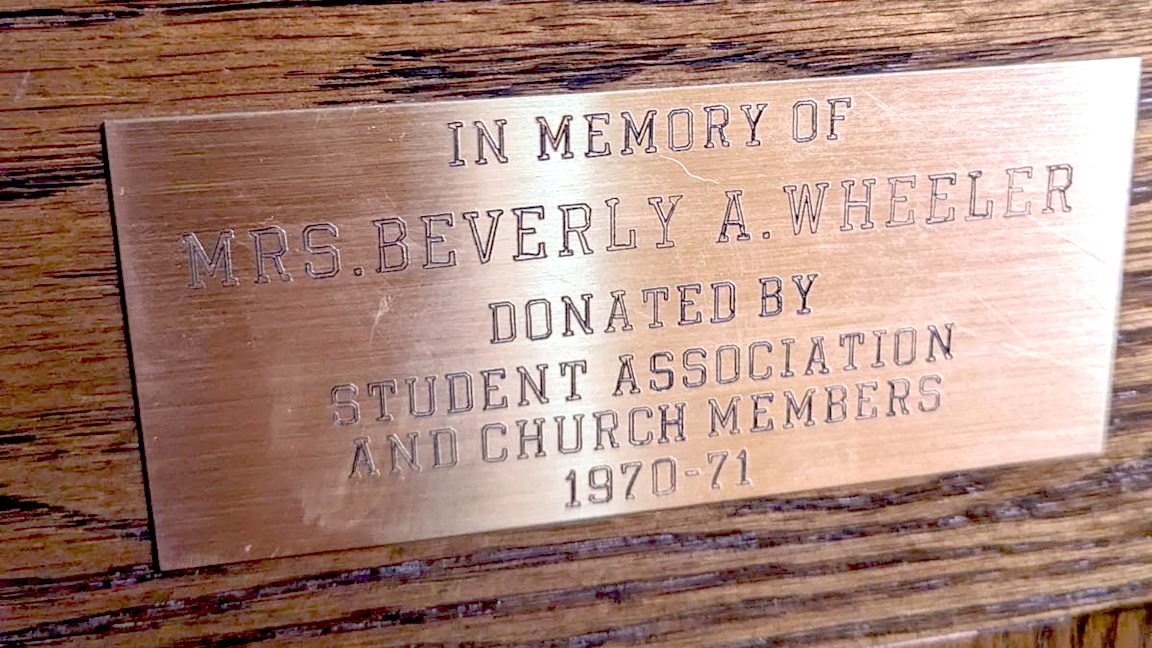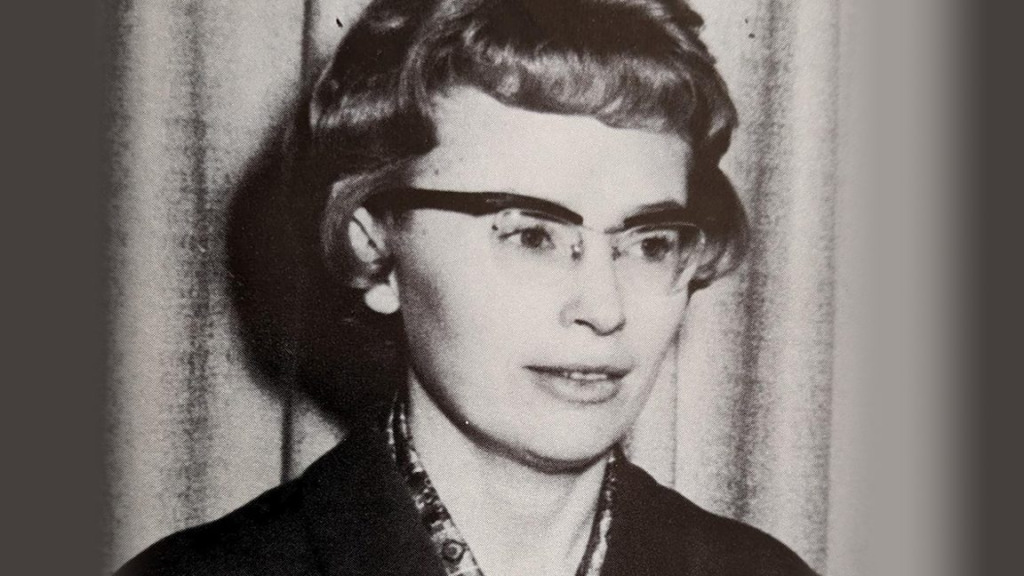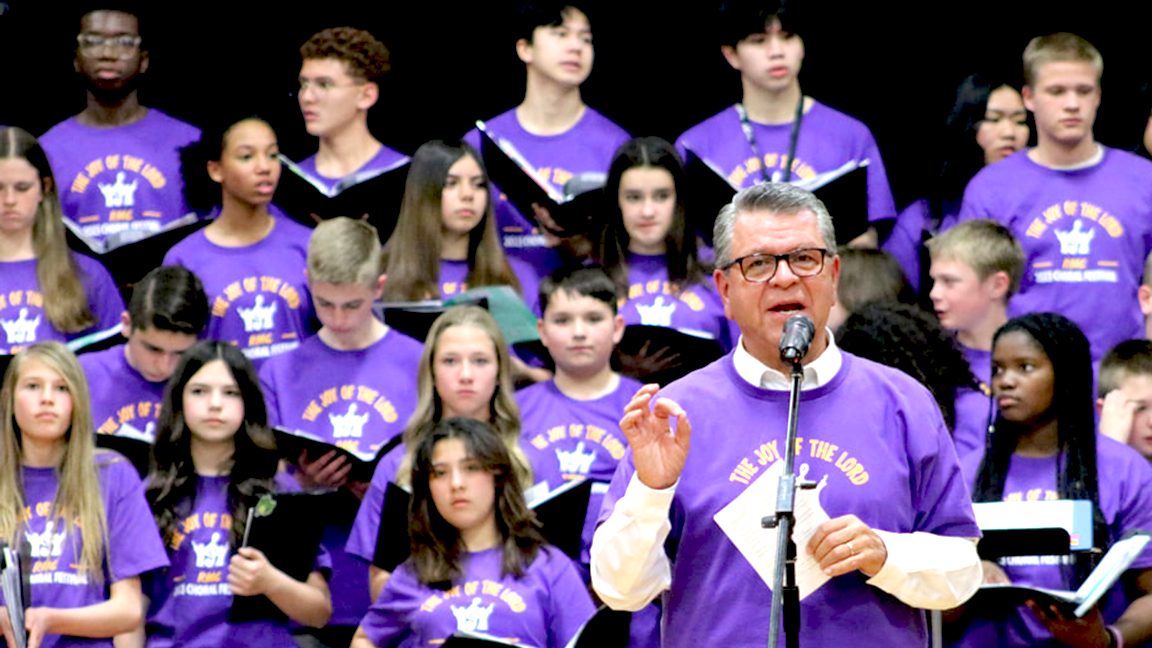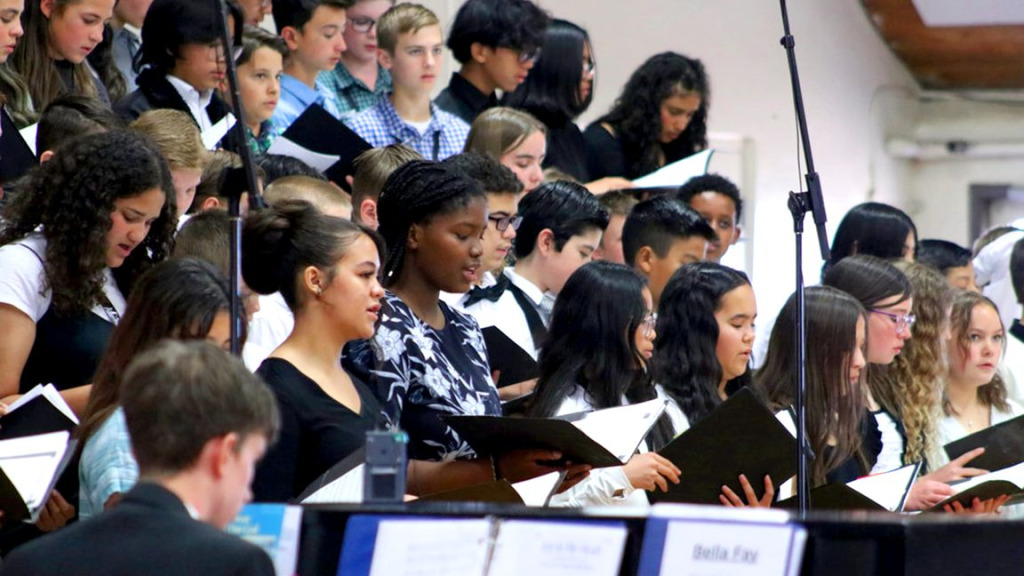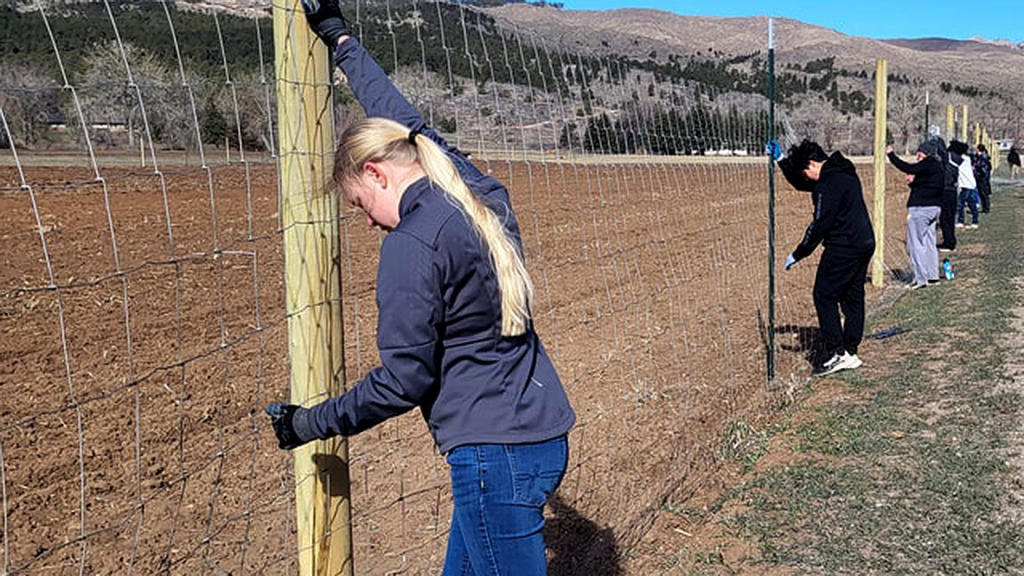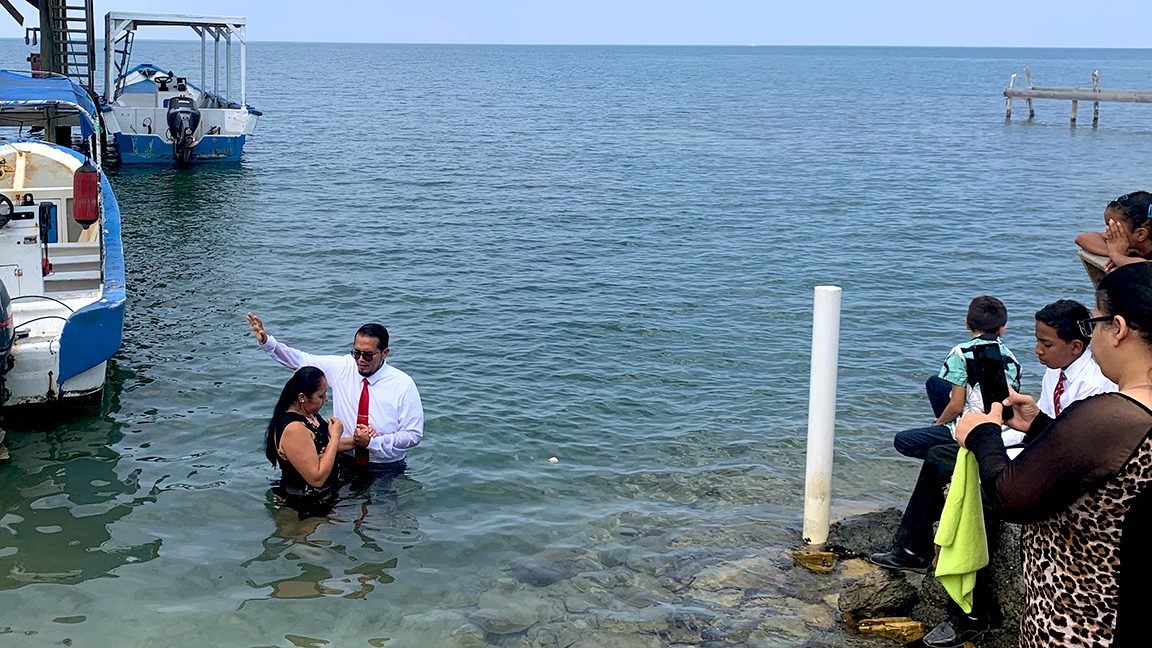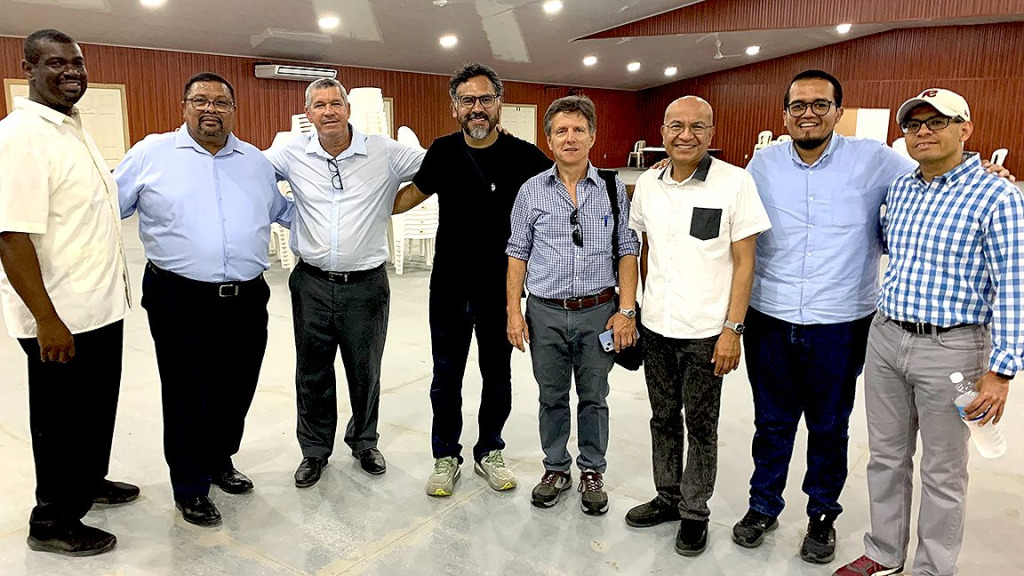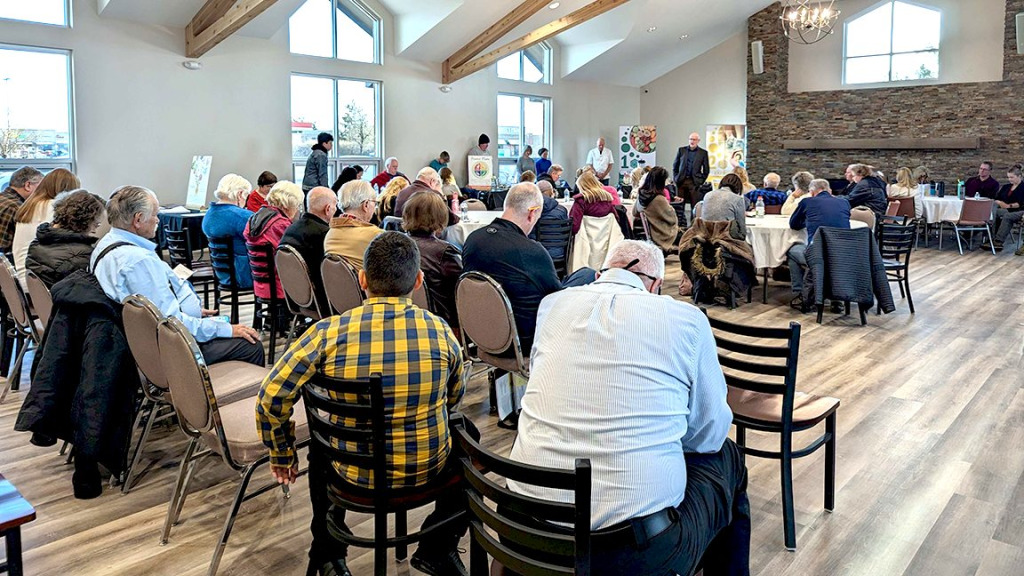RMCNews – Denver, Colorado … The Rocky Mountain Conference Executive Committee adopted policy guidelines for managing the relationship between RMC and organizations who are not of our brand (supportive ministries), entitled “Independent/Supporting Ministries: Guidance for Engaging in the Relationship.”
We asked Douglas Inglish, RMC vice president for administration, to explain the practical aspects of the policy.
NewsNuggets: The policy covers a need to protect your organization from those who are not of our brand. Which independent organizations is the policy talking about?
Douglas Inglish: The key point is ownership and control. We’re not talking about non-Adventists. These are Adventist people who have ministries that are designed to support the mission of the church, but they are not owned or governed by the church. They are owned or controlled by a member of the church but not by the Seventh-day Adventist Church or any of its entities like the Conference or a local church.
NN: Is this a new policy?
DI: It’s kind of new for everybody. It grew out of a fairly recent court case, and this policy comes with a strong recommendation from Adventist Risk Management. The entanglements between one of these ministries and the Conference were so thorough that the judge said, “you’re effectively one organization.” Every time they would go into one of our churches, they would raise money which was funneled through the local church accounts. They would come to camp meetings and not indicate they were a separate organization from the conference. The conference publications referred to them as an Adventist school in our territory. And then, when they got sued, of course they didn’t have the deep pockets. The church did. The attorney representing the plaintiff named the church in the suit, and the judge said, “you’re effectively the same organization and that’s been upheld.” The current settlement of the court case is in excess of $50M has a potential to top at $100M or more. This is serious.
NN: Since it was recently adopted in the Rocky Mountain Conference, you must have been getting questions.
DI: Yes, a number of them. Let me give you an example or two. Some of them are based on a complete misunderstanding. “You mean I can no longer give to organization X, Y, Z?” Of course, you can. You know, we don’t control who you give to or not, but you give to them on the same basis that you would give to a charitable organization that has nothing to do with our denomination. You give directly. But you can’t give a check made out to the local church and instruct the treasurer to send part or all of it to the supportive ministry.
Or “you mean I can’t invite this ministry to my church?” Yes, you can invite that ministry to your church if they are a part of ASI organization [Adventist-layman’s Services & Industries], or ASI eligible. ASI does a good job vetting supportive ministries, and we have confidence that, with rare exceptions, their members are trustworthy. Not all groups who are eligible choose to be ASI members, so, if they are not, we need to do some background checking.
But we must manage that event by making it clear to everybody this is not a part of the Rocky Mountain Conference. That is not a value judgment, it is just to protect the organization. There are a lot of fine organizations, some of them located within our territory, such as La Vida Mission. We just have to clarify, number one, it’s not the Rocky Mountain Conference. And number two, we can’t collect for them. And number three, we can’t endorse them. Endorsement can be something as simple as keeping their literature on hand. They can pass their literature out, but we don’t keep it around after they’re gone and continue to let it be out.
Technically, we can endorse a supportive ministry, but only if we thoroughly vet that organization ourselves to ensure that they meet the standards we have for ourselves. For example, we must ascertain that they’re paying all their workers appropriately, that all employees are eligible to work in the US, that their buildings meet local codes, that they are regularly audited, that they’re not practicing medicine or law without a license, etc. And we would have to keep checking on those matters.
We simply don’t have the resources to keep up with all of that, so we just don’t endorse supportive ministries. When they come to churches, schools, camp meetings, etc., it is to report on their own work on matter where they share a mutual interest with us, such as education, medical work, outreach, etc.
NN: Some may be wondering how to relate to an organization with an Adventist church on their premises. How do we manage such a relationship?
DI: There is a good way to manage that, really. Within RMC territory, we only have two of those entities. There are a couple others that have an interest in using our facilities, but that’s a really a different situation. What you’re referring to is when we have a congregation that meets on their property.
Both the La Vida Mission Church and the Eden Valley Church are congregations just like any other congregation. It’s like Boulder or Cheyenne or Grand Junction or Palisade. It’s a church. It’s one of the churches of the Rocky Mountain Conference. And it has a membership: church officers like a clerk and a treasurer and it has a budget, etc. They just happen to meet on the premises of one of these supportive ministries. The way that we manage that is that we have a contract, a lease agreement signed by both parties that recognizes we’re two different entities, and we have a contractual relationship.
I’m glad we’re making taking steps to protect both entities because it works the other way too. We don’t want some independent ministry getting sued for our actions. If we’re too closely entangled, that could happen.
Really, all of these efforts are to maintain a separation such that a court can’t hold one party responsible for the actions of the other. Some have raised the question of whether this is a religious liberty issue, but that’s not the case.
NN: A “religious liberty” issue? Please explain.
DI: Well, we can call anything we want a religious liberty issue, but that’s not the case because we also have to obey the traffic laws. That’s not a religious liberty issue. And it’s not that anybody wrote up a new law here. This is what we call case law; in that a court determined two entities were entangled so much that they effectively acted as one.
So, our reaction is to prevent that finding again. That’s why we’re doing it. It’s not a religious liberty issue. There is no law that says we can’t take up an offering and funnel it through our accounts and give it to a supportive ministry. However, it isn’t prudent to go out and do anything we want to just because it breaks no law. There may be a tort involved, meaning one entity or the other has caused harm to a person and the court is going to award the victim a settlement. Both entities could get dragged into it if they are so closely associated that the court sees them as one. That’s why we’re creating some distance.
But most of the reaction when people find out about the need for separation is at a more personal level. “I don’t really understand it. I used to be able to just write a check and drop it in the offering plate. Our treasurer would forward.” Or, “Why all the fuss to bring in a speaker who has been here before, and we never had a problem. Why does the Conference have to clear him first?” The short answer is that we can’t afford to lose a lawsuit, so we are finding ways you can still invite that speaker and still support his ministry while showing separation.
NN: By adopting this policy, the church is sending a message to our local churches. What, in particular, you would like to emphasize?
DI: The message is not in any way meant to imply we don’t like certain groups. We do like them, and we recognize they’re doing the good work. We want to make sure that we manage our relationship with them in such a way that neither party is going to become liable for the actions of the other.
[The policy] is trying to protect everybody involved. And it is a lot of learning. It’s a new way of doing things. It’s not intuitive. The old way of doing things was not only familiar; it was intuitive. This isn’t, so we must learn a new way.
I would like to emphasize again, while it is possible to continue to have positive interactions with such ministries, it is necessary to guard against entanglements which courts can interpret as making us equally liable for the actions of other ministries. The policy states: “These guidelines are designed to help [RMC employees and institutions] assess whether access should be granted to an independent/supporting ministry, and if so, what safeguards must be in place to protect us from liability for their actions.”
—RMCNews

